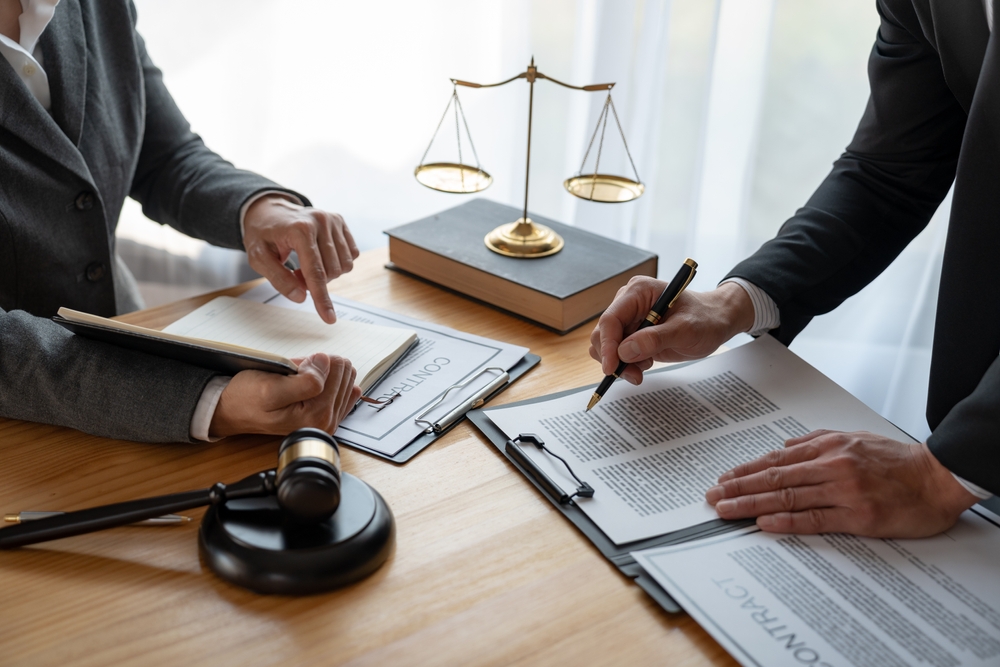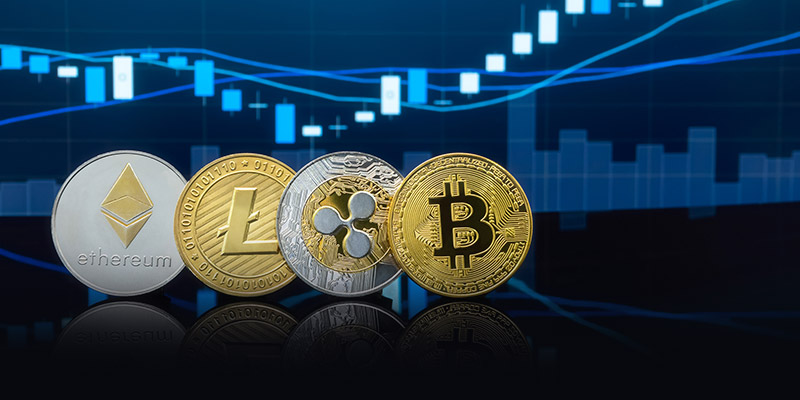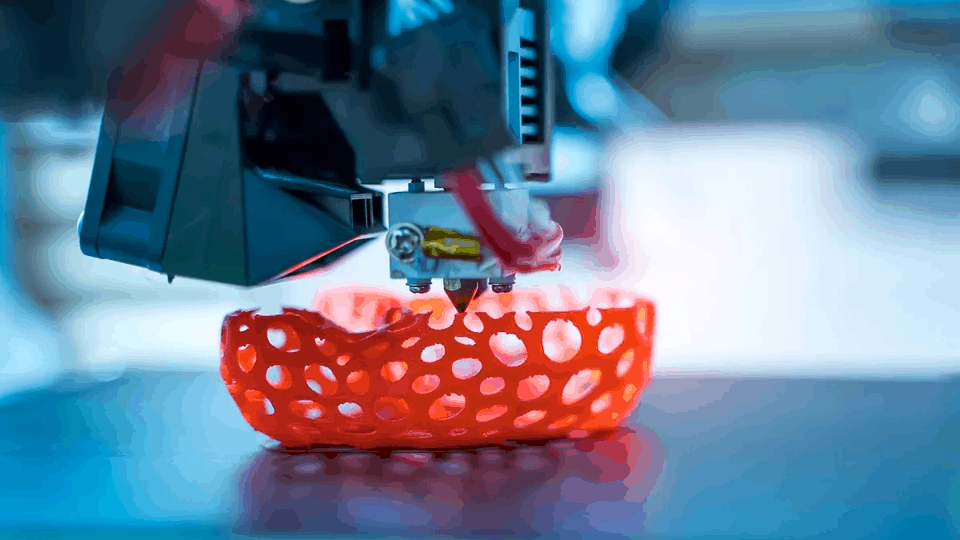Cryptocurrency, a digital revolution in the financial landscape, owes its existence not only to cryptocurrency trading but also to a process known as mining. But how does cryptocurrency mining work? In essence, mining is the backbone of many decentralized digital currencies. It involves solving complex mathematical problems to validate transactions on the blockchain, ensuring the integrity and security of the entire network. In this article, we will learn the ins and outs of crypto mining and the importance of learning from a reputable cryptocurrency trading academy.
What is Cryptocurrency Mining?
At its core, cryptocurrency mining is the process by which new coins are introduced into circulation and transactions are added to the blockchain. Miners, equipped with powerful computers, compete to solve cryptographic puzzles, and the first one to solve them gets the privilege of adding a new block to the blockchain. This process is essential for maintaining the decentralized and trustless nature of cryptocurrencies.
How To Start Mining Cryptocurrencies?
Getting started with cryptocurrency mining can be a rewarding endeavour, but it requires careful consideration and investment. Here’s a step-by-step guide on how to embark on your mining journey:
- Choose Your Cryptocurrency:
Different cryptocurrencies have varying mining algorithms. Select a cryptocurrency that aligns with your goals and resources. Bitcoin and Ethereum are popular choices, but there are numerous altcoins worth exploring.
- Obtain the Necessary Hardware:
Mining requires specialised hardware known as ASICs (Application-Specific Integrated Circuits) or GPUs (Graphics Processing Units). Research and invest in hardware that suits your chosen cryptocurrency.
- Select Mining Software:
Choose mining software compatible with your hardware and the cryptocurrency you intend to mine. Software options include CGMiner, BFGMiner, and NiceHash.
- Join a Mining Pool:
Mining on your own may not be profitable due to the increasing complexity of mining algorithms. Joining a mining pool allows you to combine your computational power with other miners, increasing your chances of successfully mining a block.
- Create a Cryptocurrency Wallet:
It’s essential to create a secure wallet to keep your mined coins safe. Wallets can be online, hardware-based, or software-based, each with its own level of security.
- Start Mining:
Configure your mining hardware and software, connect to the chosen mining pool, and commence mining. Regularly monitor your mining operation to optimise performance.
Different Ways of Mining Crypto
- Proof of Work (PoW): Utilises computational power to solve complex mathematical puzzles. First introduced by Bitcoin, PoW miners compete to validate transactions and add new blocks to the blockchain, earning rewards.
- Proof of Stake (PoS): Involves validators who lock up a certain amount of cryptocurrency to create new blocks and verify transactions. PoS is generally regarded as a more energy-efficient alternative to PoW.
- Cloud Mining: This service enables people to rent mining equipment from a remote location. This method eliminates the need for physical hardware and technical expertise but requires a careful selection of reputable cloud mining services.
- GPU Mining: Involves using graphics cards to mine cryptocurrencies. While prevalent in the early days, it’s less common due to the rise of ASICs. GPU mining is still viable for certain altcoins.
Understanding these diverse methods empowers individuals to choose the mining approach that aligns with their resources, technical capabilities, and environmental considerations. Each method has its advantages and challenges, shaping the landscape of cryptocurrency mining.
Is Mining Cryptocurrency Legal?
The legal status of cryptocurrency mining varies from country to country. While many nations allow and regulate mining activities, some have imposed restrictions or outright bans. It’s crucial to understand the legal landscape in your jurisdiction before embarking on a mining venture.
Factors influencing legality include environmental concerns (electricity consumption), tax implications, and the potential for illegal activities such as money laundering. Stay informed and comply with local regulations to ensure a lawful and secure mining operation.

How to Learn Cryptocurrency Mining?
To master the intricacies of cryptocurrency mining, enrolling in a cryptocurrency trading academy is pivotal. Academies like Queensway Academy offer structured courses led by seasoned instructors, covering everything from selecting the right mining hardware to understanding various algorithms. Participants gain hands-on experience, ensuring a comprehensive grasp of mining essentials. An online trading academy provides a supportive environment, fostering a deeper understanding of blockchain technology and its applications. Aspiring miners benefit from real-world insights, enabling them to navigate the complexities of mining with confidence. With a focus on practical skills and theoretical knowledge, these academies are the gateway to a successful journey into the dynamic realm of cryptocurrency trading.

 The Importance of Sod Installation and Choosing the Right Soil for Your Landscape
The Importance of Sod Installation and Choosing the Right Soil for Your Landscape  Diamond Cuts: A Guide to Choosing the Perfect Cut for Your Jewelry
Diamond Cuts: A Guide to Choosing the Perfect Cut for Your Jewelry  The Ultimate Lab Diamond Ring Size Guide: How to Choose the Perfect Fit
The Ultimate Lab Diamond Ring Size Guide: How to Choose the Perfect Fit  Ready to Ship Engagement Rings: The Sparkle of Lab-Made Diamonds
Ready to Ship Engagement Rings: The Sparkle of Lab-Made Diamonds  Business Lawyer Atlanta GA: Key Services for Entrepreneurs and Startups
Business Lawyer Atlanta GA: Key Services for Entrepreneurs and Startups  Loose Lab Grown Diamonds Are the Future of Engagement Rings
Loose Lab Grown Diamonds Are the Future of Engagement Rings  Art and Elegance: Luxury Hotels with Private Art Collections
Art and Elegance: Luxury Hotels with Private Art Collections  Streamline Your Sales Process with the Best Proposal Software
Streamline Your Sales Process with the Best Proposal Software  Conflict, Exploitation, and Diamonds: The Story Behind the Blood Diamond Trade
Conflict, Exploitation, and Diamonds: The Story Behind the Blood Diamond Trade 






